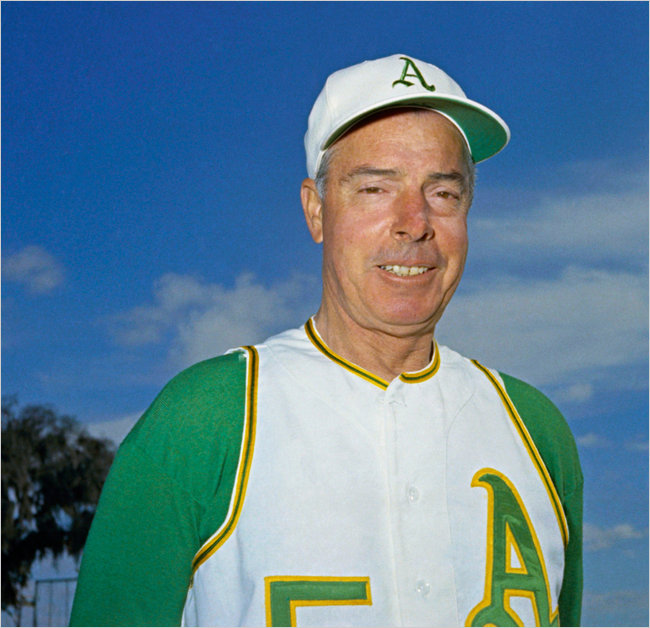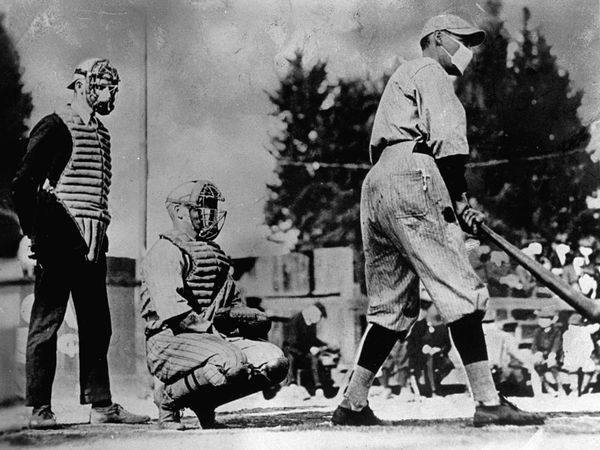In the years since the work of Eric Walker, Sandy Alderson, Billy Beane, Paul DePodesta and others culminated in the literary and big-screen versions of Moneyball, baseball analytics has become a never-ending space race of sorts.
In “Beane Counters,” Jonah Keri of Grantland, no stranger to those trying to eke out wins on the margins, visits with “Brad Pitt” and Lew Wolff, the Oakland A’s owner, as the team with a terrible stadium and economic disadvantages tries to win its third straight division title. An excerpt:
While Moneyball the book and especially Moneyball the movie pumped up certain aspects of the A’s success while downplaying certain others (Messieurs Zito, Mulder, Hudson, Tejada, and Chavez would surely like a word), they perfectly pegged Beane’s distrust of industry insiders. While acknowledging that Melvin’s playing experience helped his candidacy for the manager job, Beane admitted to still harping on the value of outsiders’ perspectives when hiring people for other positions.
“I don’t want a lot of guys like me who played the game,” Beane said. “Quite frankly, I want blank canvases, I want people to come in with new ideas. I don’t want the biases of their own experiences to be a part of their decision-making process. Listen, our whole staff — [assistant GM] David [Forst] played at Harvard, but that doesn’t count because it’s Harvard — didn’t really play. The bottom line is that any business should be a meritocracy. The best and brightest. Period. This game is now evolving into that.”
Beane credited Michael Lewis for helping to spark that shift.
“That’s the best thing about the book and what it became,” Beane said. “I just talked to a young lady, a freshman at Santa Barbara. She’s taking a course, and Moneyball’s one of the required readings. This young lady could dream of one day becoming a general manager. That would have been much harder to imagine 15 years ago.”
One of those outsiders could be in the dugout before long, Beane said. Given the challenge of watching for subtle physical cues such as pitcher fatigue while also cycling through the many possible strategies and outcomes during the course of a game, managers and bench coaches would seemingly benefit greatly from employing a new aide.
“There will be an IT coach at some point” in the dugout, crunching numbers in real time and sitting right next to the manager, Beane said. The A’s have yet to actually create such a position for very practical reasons. “It would be an extra coach, and [MLB] is pretty strict — we aren’t even allowed walkie-talkies,’ Beane said about league restrictions on how many coaches a team can have, and what kind of contact they can have with the outside world during games. “But I believe at some point this will happen. There’s too much data that’s available not to want to use it.”•


